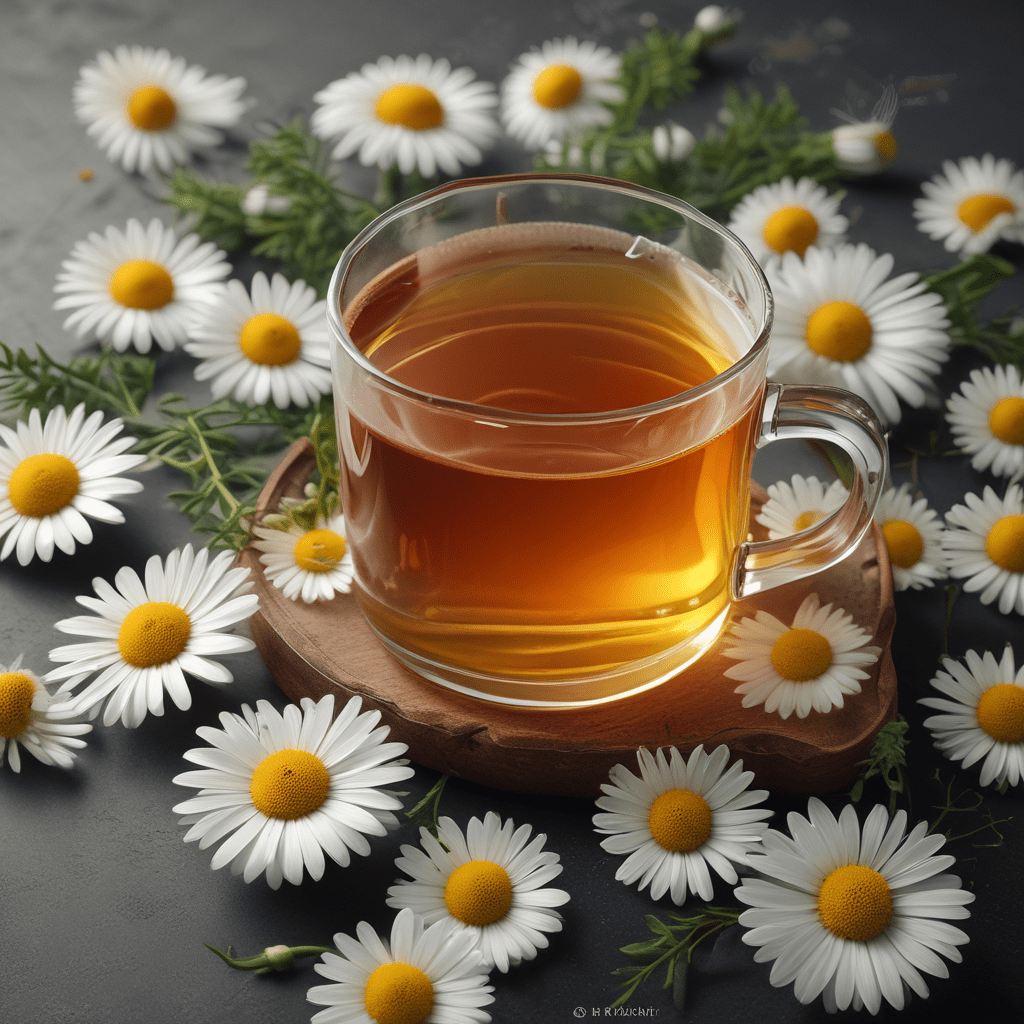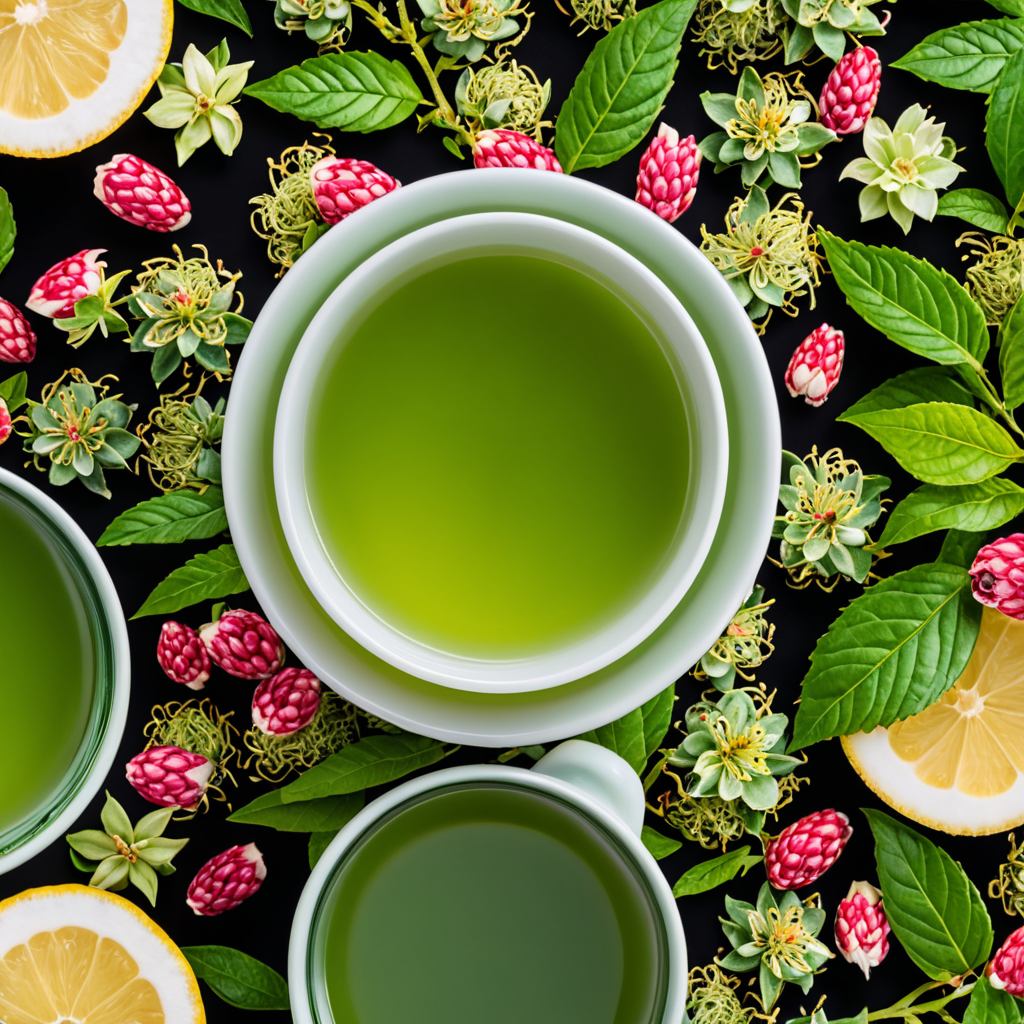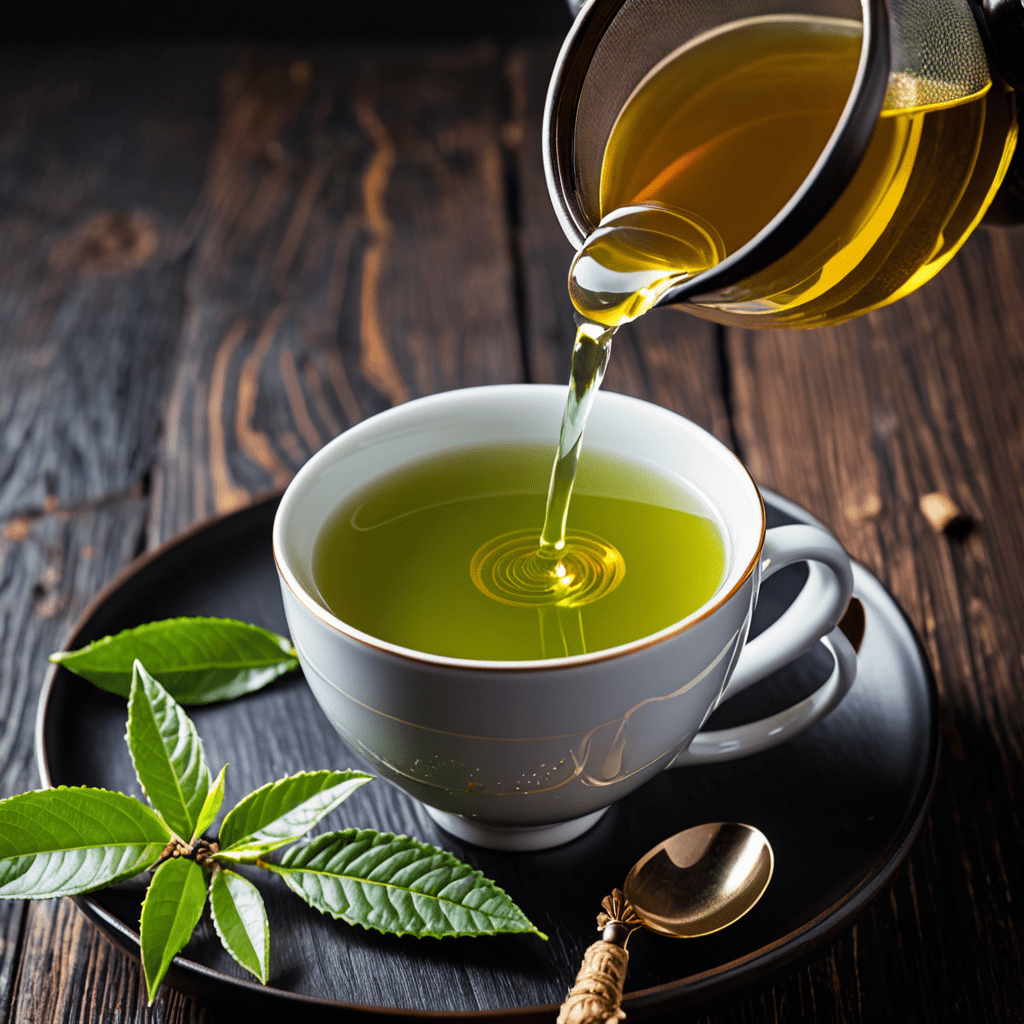Historical Origins of Ceylon Tea
The history of Ceylon tea, now known as Sri Lankan tea, dates back to the mid-19th century. In 1824, the first tea plants were brought to the island from China by the British. However, it was not until 1867 that the first commercial tea plantation was established in Kandy. Over the next few decades, the tea industry in Ceylon grew rapidly, and by the early 20th century, Ceylon was one of the world's leading tea exporters.
The Unique Characteristics of Ceylon Tea
Ceylon tea is known for its distinctive flavor and aroma. The tea leaves are typically small and dark, and they produce a strong, full-bodied brew with a slightly bitter taste. Ceylon tea is also known for its high caffeine content, which makes it a popular choice for those who need a boost of energy.
The Impact of Ceylon Tea on Japanese Tea Ceremony Practices
In the early 20th century, Ceylon tea began to be imported into Japan. The tea quickly became popular among the Japanese people, and it began to be used in tea ceremonies. Ceylon tea was particularly well-suited for tea ceremonies because of its strong flavor and high caffeine content. The tea helped to keep the participants awake and alert during the long and complex ceremonies.
The Rise of Japanese Sencha Tea Ceremonies
In the mid-20th century, a new type of tea ceremony began to emerge in Japan called sencha. Sencha ceremonies are less formal than traditional tea ceremonies, and they use a different type of tea called sencha. Sencha tea is made from green tea leaves that have been steamed and dried. The tea has a light, refreshing flavor that is perfect for everyday drinking.
The Influence of Ceylon Tea on Matcha Ceremonies
Even though sencha tea became the most popular type of tea used in Japanese tea ceremonies, Ceylon tea continued to be used in some ceremonies, especially matcha ceremonies. Matcha ceremonies are very formal and are often used for special occasions. The tea used in matcha ceremonies is made from finely ground green tea leaves. The tea is whisked with hot water until it forms a thick, frothy drink.
The Aesthetic Appeal of Ceylon Tea in Tea Ceremonies
In addition to its flavor and caffeine content, Ceylon tea is also known for its beautiful appearance. The tea leaves are a deep, dark green color, and they produce a rich, amber-colored brew. Ceylon tea is often served in clear glass teacups, so that the participants can enjoy its beautiful color.
The Influence on Tea Ware and Utensils
The introduction of Ceylon tea into Japan also had a significant impact on the tea ware and utensils used in tea ceremonies. Traditionally, tea ceremonies were held in small, rustic teahouses. However, the popularity of Ceylon tea led to the development of more elaborate tea rooms and tea utensils.
The Symbolism of Ceylon Tea in Tea Ceremonies
Ceylon tea has a variety of symbolic meanings in Japanese tea ceremonies. The tea is often seen as a symbol of purity and perfection. It is also associated with the idea of wabi-sabi, which is a Japanese aesthetic philosophy that values simplicity and imperfection.
The Popularity of Ceylon Tea in Contemporary Tea Ceremonies
Ceylon tea remains popular in Japanese tea ceremonies today. It is often used in both sencha and matcha ceremonies. Ceylon tea is also used in a variety of other tea-based beverages, such as iced tea and bubble tea.
The Future of Ceylon Tea and Tea Ceremony Practices
The future of Ceylon tea and tea ceremony practices is bright. Ceylon tea is a versatile and flavorful tea that is enjoyed by people all over the world. It is also a tea that is deeply rooted in Japanese culture. As tea ceremony practices continue to evolve, Ceylon tea will likely continue to play an important role.
FAQ
- What is Ceylon tea?
Ceylon tea is a type of black tea that is grown in Sri Lanka. It is known for its strong flavor and high caffeine content.
- How is Ceylon tea used in tea ceremonies?
Ceylon tea is used in both sencha and matcha tea ceremonies. It is also used in a variety of other tea-based beverages.
- What is the symbolism of Ceylon tea in tea ceremonies?
Ceylon tea is often seen as a symbol of purity and perfection. It is also associated with the idea of wabi-sabi, which is a Japanese aesthetic philosophy that values simplicity and imperfection.
- Is Ceylon tea still popular in tea ceremonies today?
Yes, Ceylon tea is still popular in tea ceremonies today. It is often used in both sencha and matcha ceremonies.


